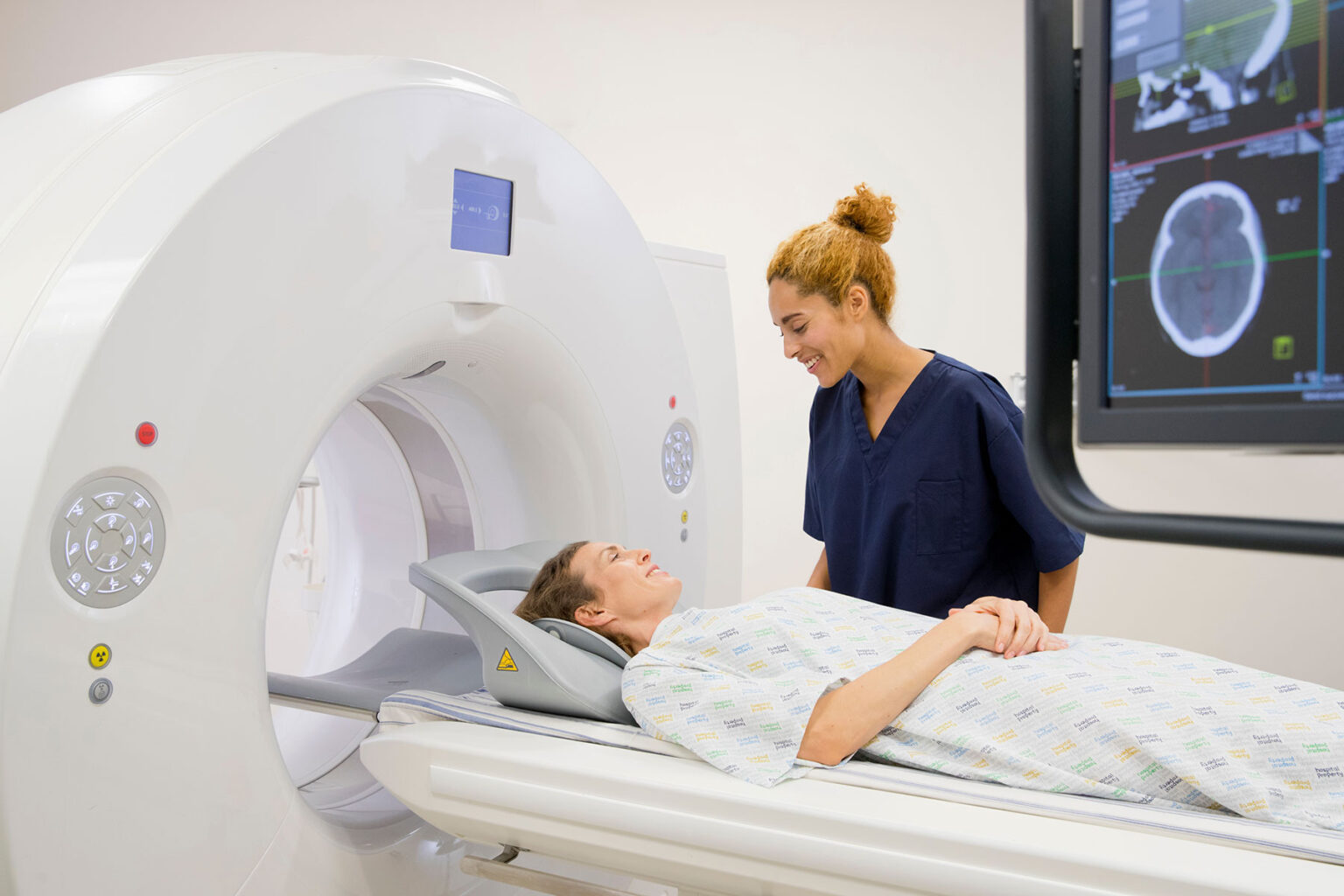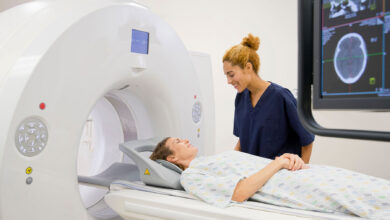
As people age, they have a high chance of increased diseases and illnesses. This is where personalized healthcare, specifically Home Health Aide (HHA), can make things easier by providing help. HHAs provide people with essential care services who need help with their daily life activities all in the comfort of their homes.
HHAs aim to better the lives of elderly people, disabled individuals, and those who are recovering from a serious illness. So, in the following blog, we explore what a Home Health Aid is in detail such as its responsibilities, advantages, and disadvantages.
What is a Home Health Aide (HHA)?
A Home Health Aide (HHA) is a trained and certified caregiver who provides caring services to individuals who need assistance. They are different from nurses and doctors in terms that HHAs don’t provide non-medical care. However, they will help with basic health-related activities when the need arises.
Their main goal is to look after patients while also allowing them their independence. If you are wondering where to get professional support, an HHA agency in Queens can help connect you with experienced caregivers.
Some people confuse HHAs with caregivers or Certified Nursing Assistants (CNAs). While they all revolve around patient care, HHAs are particularly focused on working in a home setting. They aim for a personalized form of care. On the other hand, CNAs work in hospitals or nursing facilities under registered nurses’ supervision.
Where Do Home Health Aides Work?
HHAs mainly work in private homes for their clients. However, in some cases, they are also employed by establishments. HHAs work in hospice care to look after terminally ill patients and provide them comfort and personal care. They sometimes also work in nursing homes, looking after the patients one-on-one. HHAs can work for home healthcare agencies as well where they get assigned to various clients.
Responsibilities of a Home Health Aide
The responsibilities and care of a home health aid vary based on their clients’ needs. However, some of their main duties consist of:
Personal Care Assistance
HHAs assist their clients with their regular personal care routine. This includes helping them with their grooming, toileting, bathing, and dressing needs. It also includes assisting those struggling with mobility problems with movement. HHAs thoroughly look after their client’s hygiene and well-being for those who cannot do so independently.
Household Tasks and Meal Preparation
They also help with managing tasks around the house, including meal preparation. HHAs ensure that they cook meals that meet the exact dietary needs of their clients. In terms of household tasks, they also oversee activities such as cleaning, grocery shopping, and laundry.
Medication Reminders and Basic Health Monitoring
HHAs constantly monitor their client’s health, including checking if they are taking medications regularly and on time. They also constantly check their vitals, such as pulse, temperature, and blood pressure. In case of any major health changes, HHAs report it both to the medical professionals and the families.
Emotional Support and Companionship
They additionally provide emotional support by giving their clients constant company. This includes engaging in conversations to doing social activities together. All of these ensure that your loved ones will not experience loneliness or depression by doing things like simple exercises or pursuing hobbies.
Advantages and Disadvantages of Choosing a Home Health Aide
If you are considering getting a home health aid (HHA) for your loved ones, you may wonder if it is worth it. Like everything else, HHAs come with its own set of advantages and disadvantages. After considering each side, you can make a decision.
Advantages
Some of the advantages of choosing HHA are:
- They bring tailored caring services for your loved ones based on their needs. The quality of service is significantly better than nursing homes.
- Clients receive the care they need from the comfort of their own home. This promotes positive emotions and reduces stress and feelings of isolation.
- Depending on your loved one’s needs, you can receive care based on a flexible schedule. You can have it part-time or full-time.
Disadvantages
On the other hand, the disadvantages include:
- HHAs are expensive, especially if full-time care is required. The cost may not be fully covered by insurance.
- Since most HHAs work independently in the home, no supervisors or professionals oversee and check the care compared to a facility.
- It is often difficult to find an expert and trustworthy home health aide.
Conclusion
Home health aides play a crucial role in supporting individuals to care for their beloved ones. Simply because during such times when they need them the most it is all about supporting them. They will have at home what they need, with the provided HHAs comforting them. With the support of our guide, you can learn all you need to know about HHAs before deciding whether you love them.













